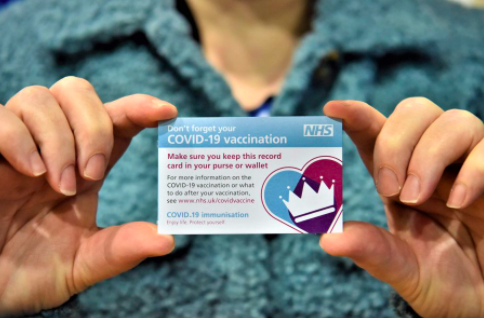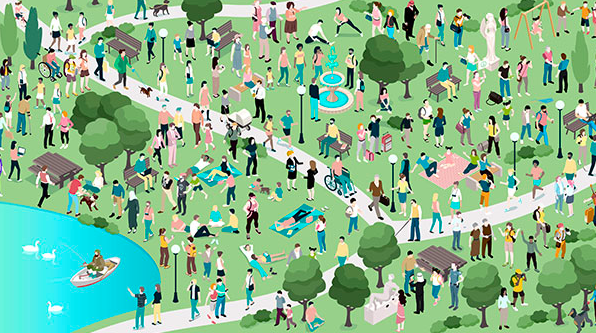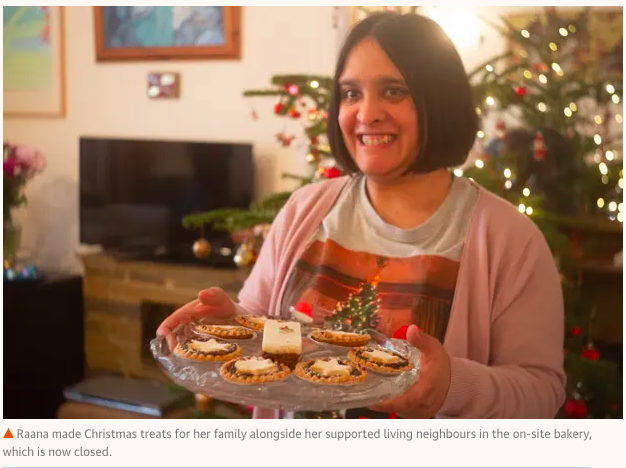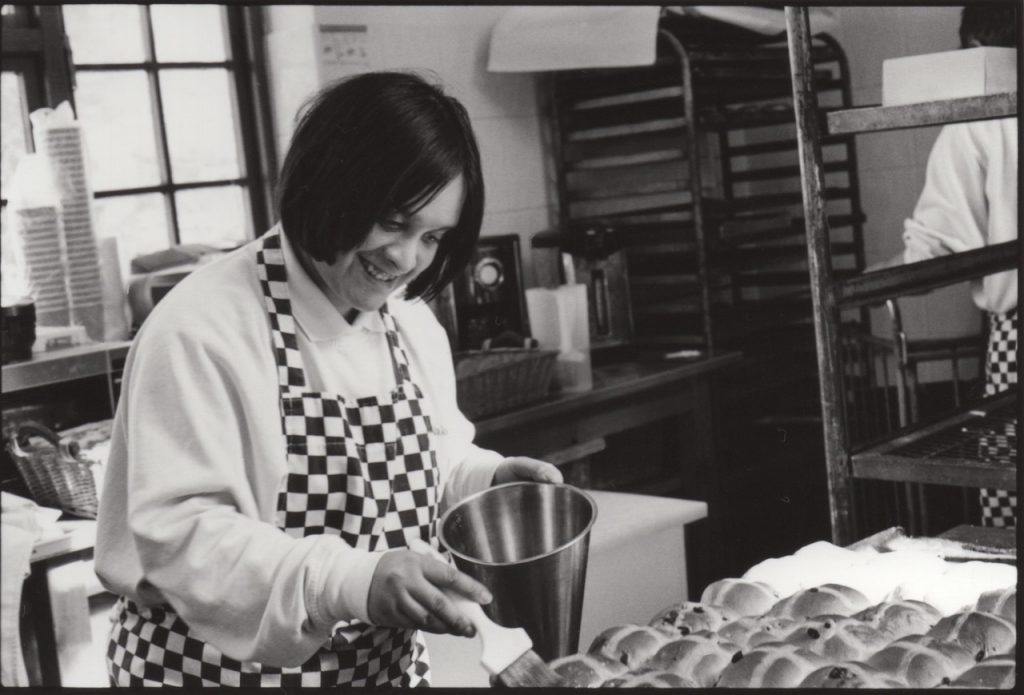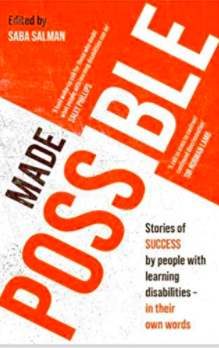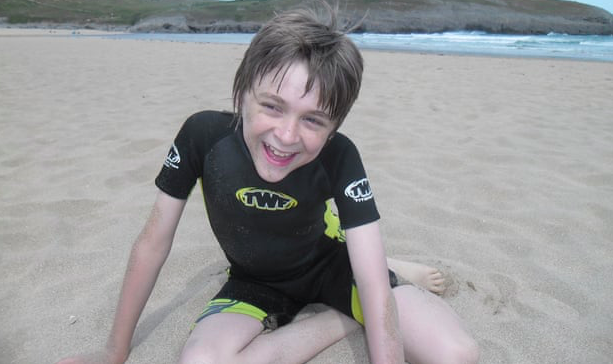
I’m delighted to have been shortlisted for the Society of Editors’ Press Awards in the ‘reporting diversity’ category.
I’m in fine, strong company in the category and delighted that the Society of Editors is considering the issue of diversity in all its forms.
The articles I’ve been shortlisted for have all been published by The Guardian, and they focus on the brutal impact of Covid on disabled people and their families. The pieces show how the pandemic intensifying the huge inequality already faced by part of our population.
The shortlisted pieces are:
My sister has a learning disability and I can’t visit her because of Coronavirus
Coronavirus restrictions have robbed disabled people of their independence
‘My fear is he’ll never come home’: the learning disabled people locked away in lockdown
I’m privileged to work with people and families and report on these vital issues. I’m also grateful for a supportive, thoughtful and sensitive commissioning editor, Alison Benjamin, who commissioned me to write these articles for The Guardian’s Society pages.
Read more about the awards here.

